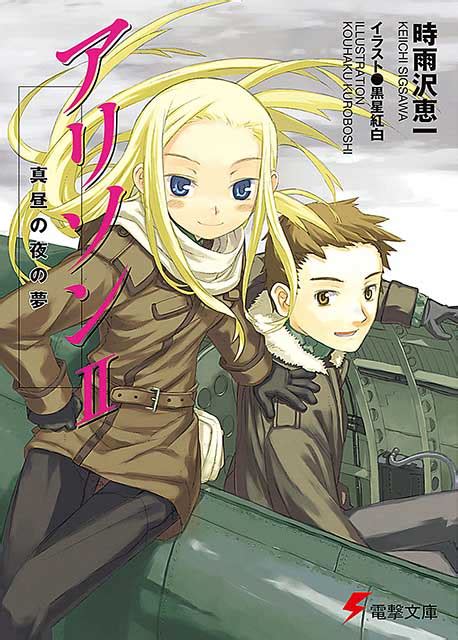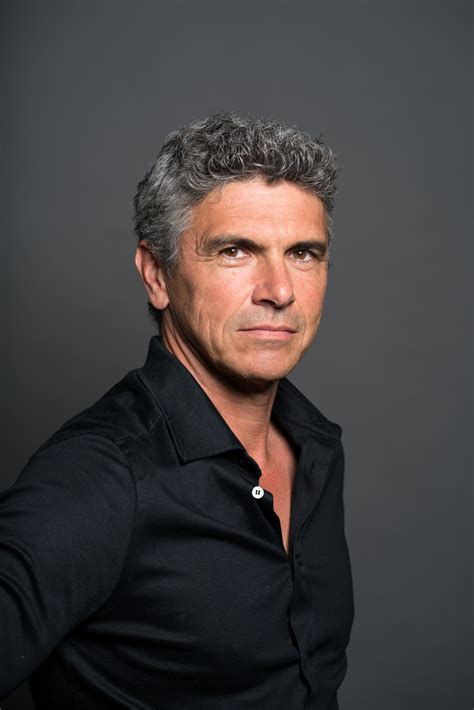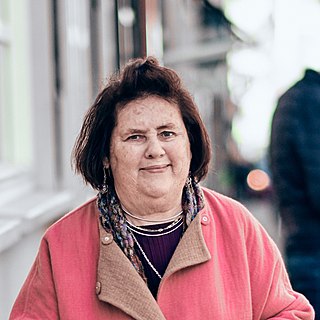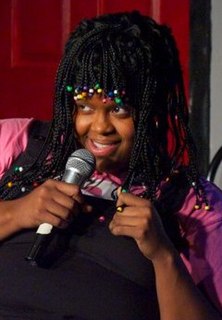A Quote by Gail Sheehy
It was my very good fortune to find a mentor, Clay Felker, who started my career at the 'New York Magazine' as a freelance writer when I had to quit my job at the 'Herald Tribune' to stay home with my young daughter.
Related Quotes
I was arrested 1965. I had come back from the merchant marines, got into conversations about the war. I had never heard of Vietnam until I was in the merchant marines in constitution square in Athens, and I picked up the New York Herald or the International Herald Tribune and there was my first introduction of the word Vietnam.
Clay Felker was then - he had - to his credit, he had created New York Magazine, which was the first of the city magazines that covered the city and gave all kinds of advice and all that sort of stuff. And there were copies all over the country by the time he left. He had, however, a view of journalism that was very much, I must say, like Tina Brown's at The New Yorker. You hit 'em hard, fast, give 'em something to talk about the day after the paper comes out, as contrasted with William Shawn, who gave them something to talk about two or three years from then.
I quit my last real job, as a writer at a magazine, when I was twenty-one. That was the moment when I lost my place of prestige on the fast track, and slowly, millimeter by millimeter, I started to get found, to discover who I had been born to be, instead of the impossibly small package, all tied up tightly in myself, that I had agreed to be.
I could see no position to say, 'I'm going to make a living as a writer.' But I went to classes for it; I read every play in 'Theater' magazine. I saw the second acts of everything on Broadway - I had a job as a CBS usher in New York City, and on my way home every night, I'd see what shows I could get into.
I would stay two years in San Francisco, then move to New York in the summer of 1991, for the love of a man who lived there. When I arrived in New York, I had a job waiting for me, courtesy of a bookstore I'd worked at in San Francisco, A Different Light. They had a New York store as well, and arranged an employee transfer.





































